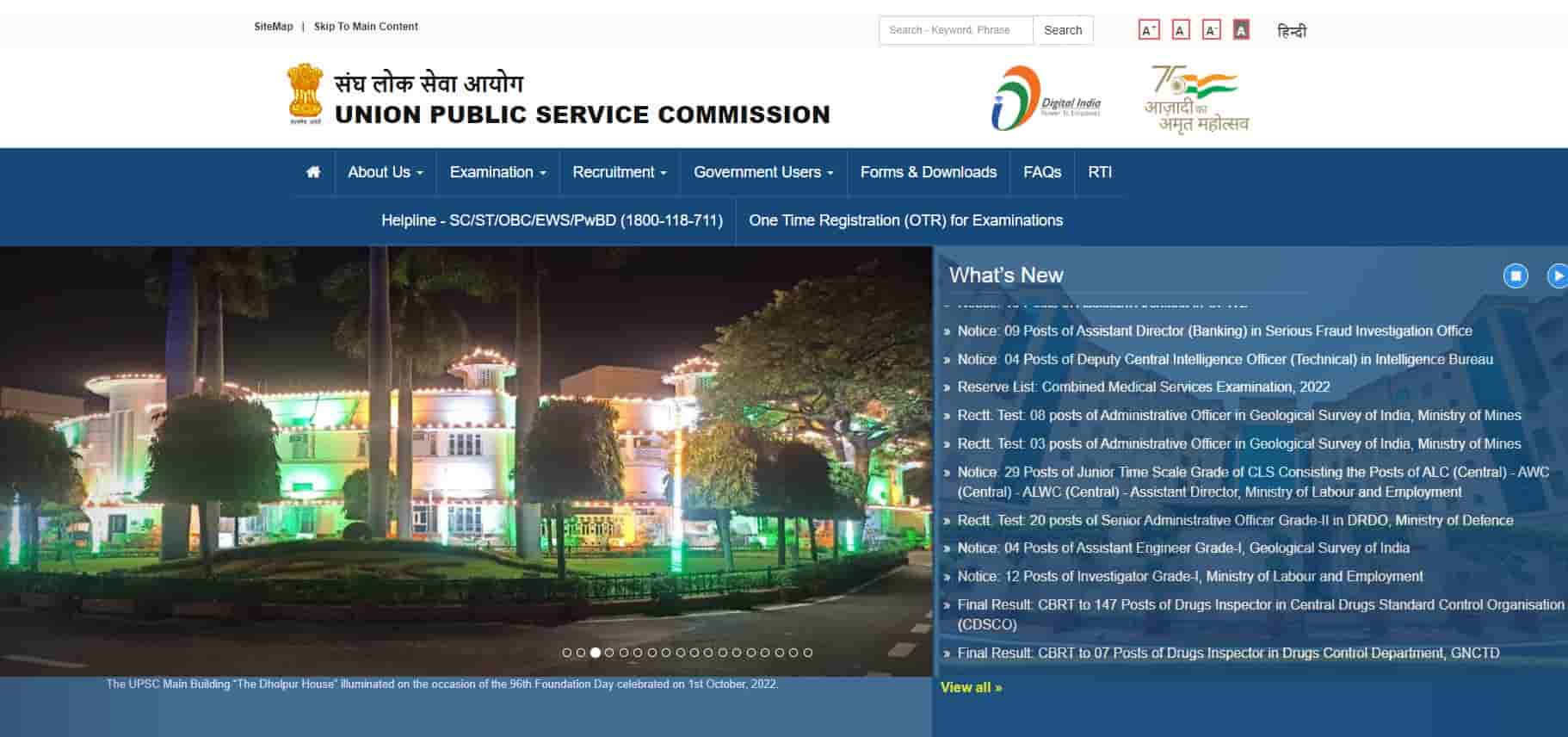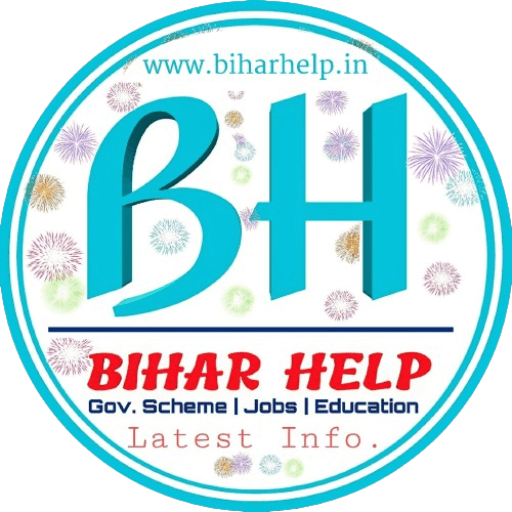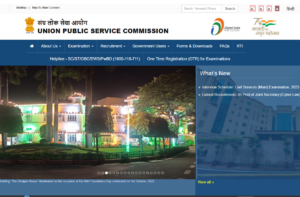| Papers |
Topics of UPSC CSE Syllabus |
| UPSC CSE Syllabus for Paper I |
Indian Language/English (Matriculation Level)
- Comprehension of given passages.
- Precis Writing.
- Usage and Vocabulary.
- Short Essays.
- Translation from English to the Indian Language and vice-versa.
|
| UPSC CSE Syllabus for Paper II |
Essays on multiple topics |
|
UPSC CSE Syllabus for Paper-II
(General Studies-I)
|
- Indian culture will cover the salient aspects of
- Art Forms,
- literature, and
- Architecture from ancient to modern times.
- Modern Indian history from about the middle of the eighteenth century until the present- significant events, personalities, issues.
- The Freedom Struggle —
- its various stages and
- important contributors/contributions from different parts of the country.
- Post-independence consolidation and reorganization within the country.
- History of the world will include events from the 18th century such as
- the Industrial Revolution, world wars,
- redrawing of national boundaries,
- colonization,
- decolonization,
- political philosophies like communism, capitalism, socialism, etc.— their forms and effects on society.
- Salient features of Indian Society, Diversity of India.
- Role of women and women’s organization, population and associated issues, poverty and developmental issues, urbanization, their problems, and their remedies.
- Effects of globalization on Indian society.
- Social empowerment, communalism, regionalism & secularism.
- Salient features of the world’s physical geography.
- Distribution of key natural resources across the world (including South Asia and the Indian subcontinent);
- factors responsible for the location of
- primary,
- secondary, and
- tertiary sector industries in various parts of the world (including India).
- Important Geophysical phenomena such as
- earthquakes,
- Tsunami,
- Volcanic activity,
- cyclone etc.,
- geographical features and their location changes in critical geographical features (including water-bodies and ice-caps) and flora and fauna and the effects of such changes.
|
|
UPSC CSE Syllabus for Paper-III
(General Studies II)
|
- Indian Constitution—
- historical underpinnings,
- evolution,
- features,
- amendments,
- significant provisions and
- basic structure.
- Functions and responsibilities of the Union and the States,
- issues and challenges pertaining to the federal structure,
- devolution of powers and finances up to local levels and challenges therein.
- Separation of powers between various organs disputes redressal mechanisms and institutions.
- Comparison of the Indian constitutional scheme with that of other countries.
- Parliament and State legislatures—
- structure,
- functioning,
- conduct of business,
- powers & privileges and
- issues arising out of these.
- Structure, organization, and functioning of the Executive and the Judiciary—
- Ministries and Departments of the Government;
- pressure groups and
- formal/informal associations and
- their role in the Polity.
- Salient features of the Representation of People’s Act.
- Appointment to various Constitutional posts, powers, functions, and
- responsibilities of various Constitutional Bodies.
- Statutory, regulatory, and various quasi-judicial bodies.
- Government policies and interventions for development in various sectors and issues arising out of their design and implementation.
- Development processes and the development industry —
- the role of NGOs, SHGs, various groups and associations,
- donors, charities, institutional and other stakeholders.
- Welfare schemes for vulnerable sections of the population by the Centre and States and the performance of these schemes;
- mechanisms, laws, institutions, and Bodies constituted for the protection and betterment of these vulnerable sections.
- Issues relating to the development and management of Social Sector/Services relating to Health, Education, and Human Resources.
- Issues relating to poverty and hunger.
- Important aspects of governance, transparency and accountability, e-governance- applications, models, successes, limitations, and potential;
- citizens charters, transparency & accountability, and institutional and other measures.
- Role of civil services in a democracy.
- India and its neighborhood- relations.
- Bilateral, regional, and global groupings and agreements involving India and/or affecting India’s interests.
- Effect of policies and politics of developed and developing countries on India’s interests, Indian diaspora.
- Important International institutions, agencies, and fora-
- their structure, and mandate.
|
|
UPSC CSE Syllabus for Paper-IV
(General Studies III)
|
- Indian Economy and issues relating to planning, mobilization, of resources,
- growth,
- development and employment.
- Inclusive growth and issues arising from it.
- Government Budgeting.
- Major crops-cropping patterns in various parts of the country, –
- different types of irrigation and irrigation systems storage,
- transport and marketing of agricultural produce and
- issues and related constraints;
- e-technology in the aid of farmers.
- Issues related to direct and indirect farm subsidies and minimum support prices;
- Public Distribution System-
- objectives,
- functioning,
- limitations,
- revamping;
- issues of buffer stocks and food security;
- Technology missions;
- economics of animal-rearing.
- Food processing and related industries in India-
- scope’ and significance,
- location,
- upstream and downstream requirements,
- supply chain management.
- Land reforms in India.
- Effects of liberalization on the economy, changes in industrial policy, and their effects on industrial growth.
- Infrastructure:
- Energy,
- Ports,
- Roads,
- Airports,
- Railways etc.
- Investment models.
- Science and Technology-
- Developments and their applications and
- effects in everyday life.
- Achievements of Indians in science & technology;
- indigenization of technology and developing new technology.
- Awareness in the fields of
- IT,
- Space,
- Computers,
- robotics,
- nano-technology,
- biotechnology and
- issues relating to intellectual property rights.
- Conservation, environmental pollution and degradation, environmental impact assessment.
- Disaster and disaster management.
- Linkages between development and spread of extremism.
- Role of external state and non-state actors in creating challenges to internal security.
- Challenges to internal security through
- communication networks,
- Role of media and social networking sites in internal security challenges,
- basics of cyber security;
- money laundering and its prevention.
- Security challenges and their management in border areas –
- linkages of organized crime with terrorism.
- Various Security forces and agencies and their mandate.
|
|
UPSC CSE Syllabus for Paper-V
(General Studies IV)
|
Ethics and Human Interface:
- Essence,
- determinants and consequences of Ethics in human actions;
- dimensions of ethics;
- ethics – in private and public relationships.
- Human Values –
- lessons from the lives and teachings of great leaders,
- reformers and administrators;
- role of family society and
- educational institutions in inculcating values.
Attitude:
- content, structure, function;
- its influence and relation with thought and behavior;
- moral and political attitudes;
- social influence and persuasion.
Aptitude and foundational values for Civil Service,
- integrity,
- impartiality and non-partisanship,
- objectivity,
- dedication to public service,
- empathy,
- tolerance and
- compassion towards the weaker sections.
Emotional intelligence-
- concepts, and
- their utilities and
- application in administration and
- governance.
Contributions of moral thinkers and philosophers from India and the world.
Public/Civil service values and Ethics in Public administration:
- Status and problems;
- ethical concerns and dilemmas in government and private institutions;
- laws, rules, regulations, and conscience as sources of ethical guidance;
- accountability and ethical governance;
- strengthening of ethical and moral values in governance;
- ethical issues in international relations and funding;
- corporate governance.
Probity in Governance:
- Concept of public service;
- Philosophical basis of governance and probity;
- Information sharing and transparency in government,
- Right to Information,
- Codes of Ethics,
- Codes of Conduct,
- Citizen’s Charters,
- Work culture,
- Quality of service delivery,
- Utilization of public funds,
- challenges of corruption.
|
|
UPSC CSE Syllabus for Paper-VI and Paper-VII
(Optional Subjects Papers I and II)
|
- Agriculture
- Animal Husbandry and Veterinary Science
- Anthropology
- Botany
- Chemistry
- Civil Engineering
- Commerce and Accountancy
- Economics
- Electrical Engineering
- Geography
- Geology
- History
- Law
- Management
- Mathematics
- Mechanical Engineering
- Medical Science
- Philosophy
- Physics
- Political Science and International Relations
- Psychology
- Public Administration
- Sociology
- Statistics
- Zoology
- Literature of any one of the following languages:
- Assamese,
- Bengali,
- Bodo,
- Dogri,
- Gujarati,
- Hindi,
- Kannada,
- Kashmiri,
- Konkani,
- Maithili,
- Malayalam,
- Manipuri,
- Marathi,
- Nepali,
- Odia,
- Punjabi,
- Sanskrit,
- Santhali,
- Sindhi,
- Tamil,
- Telugu,
- Urdu and
- English
|




